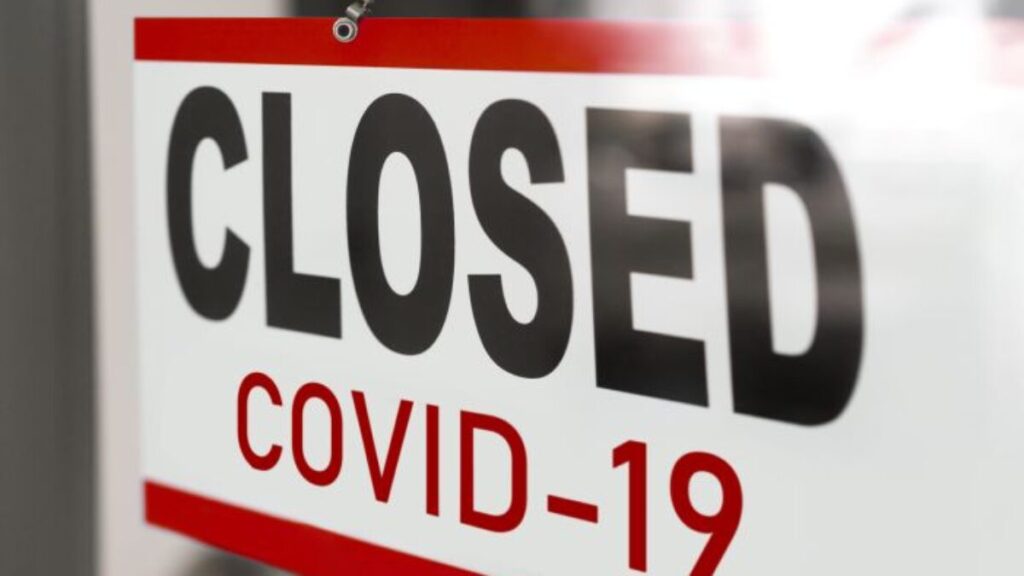Is your car being used as much as before the COVID-19 outbreak? Or, much like most Americans, has your vehicle been sheltering in your driveway for the last eight months? Chances are that your answer is a “yes.”
Unlike your body getting all chubby with a lack of exercise, your luxury vehicle might host a bunch of costly problems sitting idle for too long. While not driving seems financially promising since you are not gassing or charging up as often, risky troubles with the tire, battery and engine can turn the tables.
“Even if you have nowhere to go, you still want to be driving your car around town for about 20 minutes each week,” states Consumer Reports’ Jeff Bartlett. “This will keep your battery charged and prevent rust from building up on the brakes and calipers from seizing up.”However, if you still need a jump start service near you then flagtowing is the one who can help you in this regard.
Therefore, it is important to drive your car regularly to avoid ending up with hefty repair bills. Read this article to get a better understanding of some common types of car troubles and intelligent solutions for keeping your car in good shape.
Typical car troubles during COVID-19 pandemic
- Drained batteries
Vehicles sitting dormant will have drained batteries, needing you to jumpstart your car. If you think car batteries drain only by leaving the lights on, you might be wrong. You probably do not realize, but car batteries lose more charge and voltage when it sits without being used. Thankfully, overcoming this mechanical concern does not require much more than a regular drive around town, even as little as 10 miles and over 50 mph speed. Not only will this help extend the life of your car, but it also gets you out of the house for a breath of fresh air. While the least you could do this is, unplug your car battery if you know it will sit for a long time.
- Tire troubles
An essential part of your car, the tires, are at high risk of flat spots for not moving within two weeks. Or, if lucky, yours might live for as long as a month. Flat spotting is when the tires flatten and meet the road’s surface due to low tire pressure and the vehicle’s weight. When the tires are not rotated regularly, all of the pressure on one spot causes flatten tires, which could be dangerous on the road. While driving your car periodically can help, sometimes the damage is irreparable. We recommend checking your manual or door sticker for your tire’s recommended pressure and keeping an eye on the decreasing pressure level.
- Animals and pests
Animals like stray cats, rats, or rodents make a home in an automobile used less frequently. Stray cats sleeping on your engine, birds building nests, rodents chewing on wires will cause real trouble for your car. These animals bring risks you want to avoid at all costs. Potential solutions include checking for chewed wires and popping hoods so an angry animal does not catch you off guard. Taking quick drives regularly will prevent wildlife habitats and unexpected pest visits.
- Brakes
Since most expensive cars are made of cast iron, the brakes corrode very quickly. Again, when driving the vehicle, rotating pads scrape off the corrosion, cleaning them right up. Safely park your car in gear on a flat surface.
Tips for preventing long-term car troubles during COVID-19 shutdown
Here are a few tips you can follow to avoid long-term problems with your car sitting for an extended period.
- Take a drive
Although it is advisable to stay indoors as much as possible, quick drives are essentially healthy for your vehicle. Taking a small Sunday drive regularly might help fix most of your problems; you might not need to do anything else. From drained batteries to flat tires, driving your car long enough to recharge the battery and fluid temperature will prove beneficial
- Check fluid levels
To keep your vehicle in good health, topping off the fluids is extremely important: engine oil, transmission oil, brake fluid, and fuel. This will prevent fuel separation major car trouble during long-term storage.
- Do not leave parking brakes engaged for a long time
Unless on an angled surface, do not use the parking brakes on a flat surface for long periods. Parking brakes engaged for a long time leads to brakes pads binding to the rotors and develops rust on the surface.
- Just give it a wash
Cars parked in open areas can face the troubles of dust, tree sap, bird droppings, and water spots from nearby sprinklers. These contaminants can take a toll on your vehicle’s paint and its overall luxury look. Wash your car once a week or use a touchless car wash to avoid any damage.
- Cosmetic care
Even if your car is sitting idle for long periods, protecting it from damaging UV rays can help prolong its efficiency. If possible, park your vehicle in a garage or cover it with something car-specific.
- Visit a repair shop for maintenance
Being considered a necessary service, repair shops are not subject to government-imposed shutdowns. Visit the nearest repair shops wearing a mask and adequate social distancing for regular maintenance to avoid suffering from a breakdown or a dangerous road accident.
With so much to worry about during the tough times of the COVID-19 pandemic, maintaining your vehicle in good health can be challenging. In the event you find yourself stranded with a breakdown car along the road, call reliable roadside assistance that will come to your rescue within no time. Flag Towing offers a multitude of services across the greater Texas region, from jumpstarts for drained batteries to lockout services. Should your car need towing, reach Flag Towing at 972-567-7299 to request a wheel lift tow truck.


